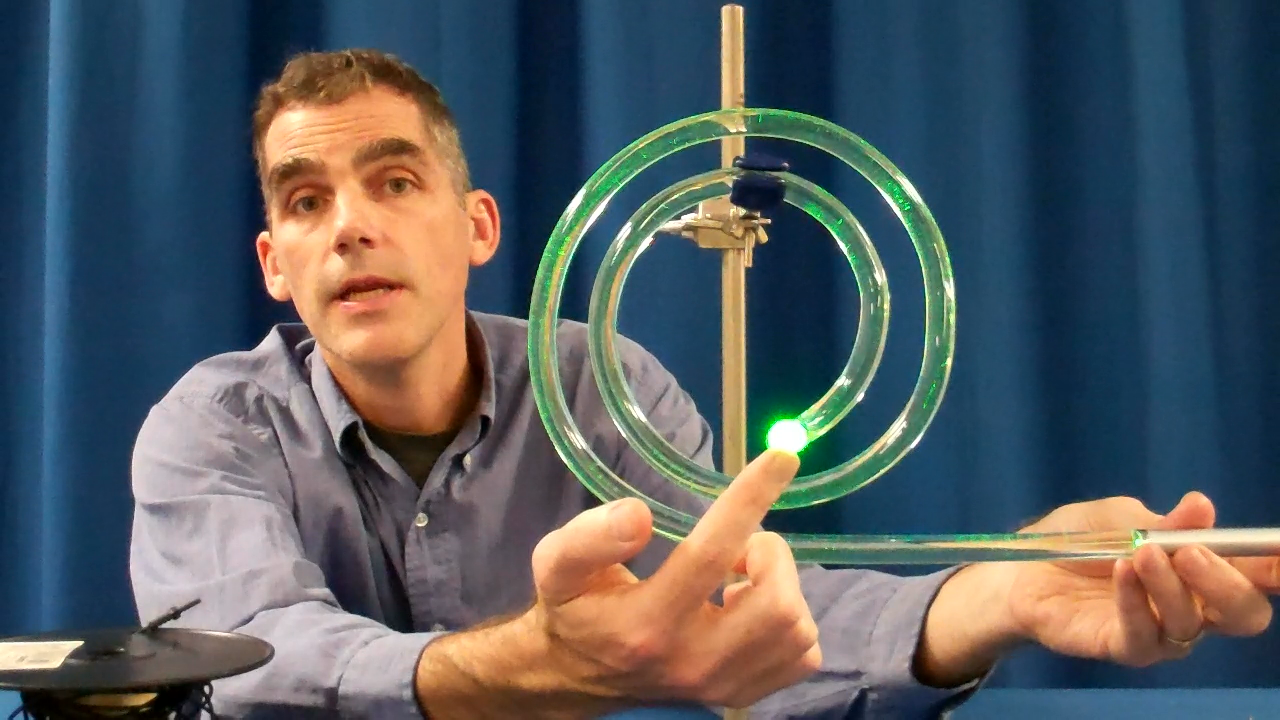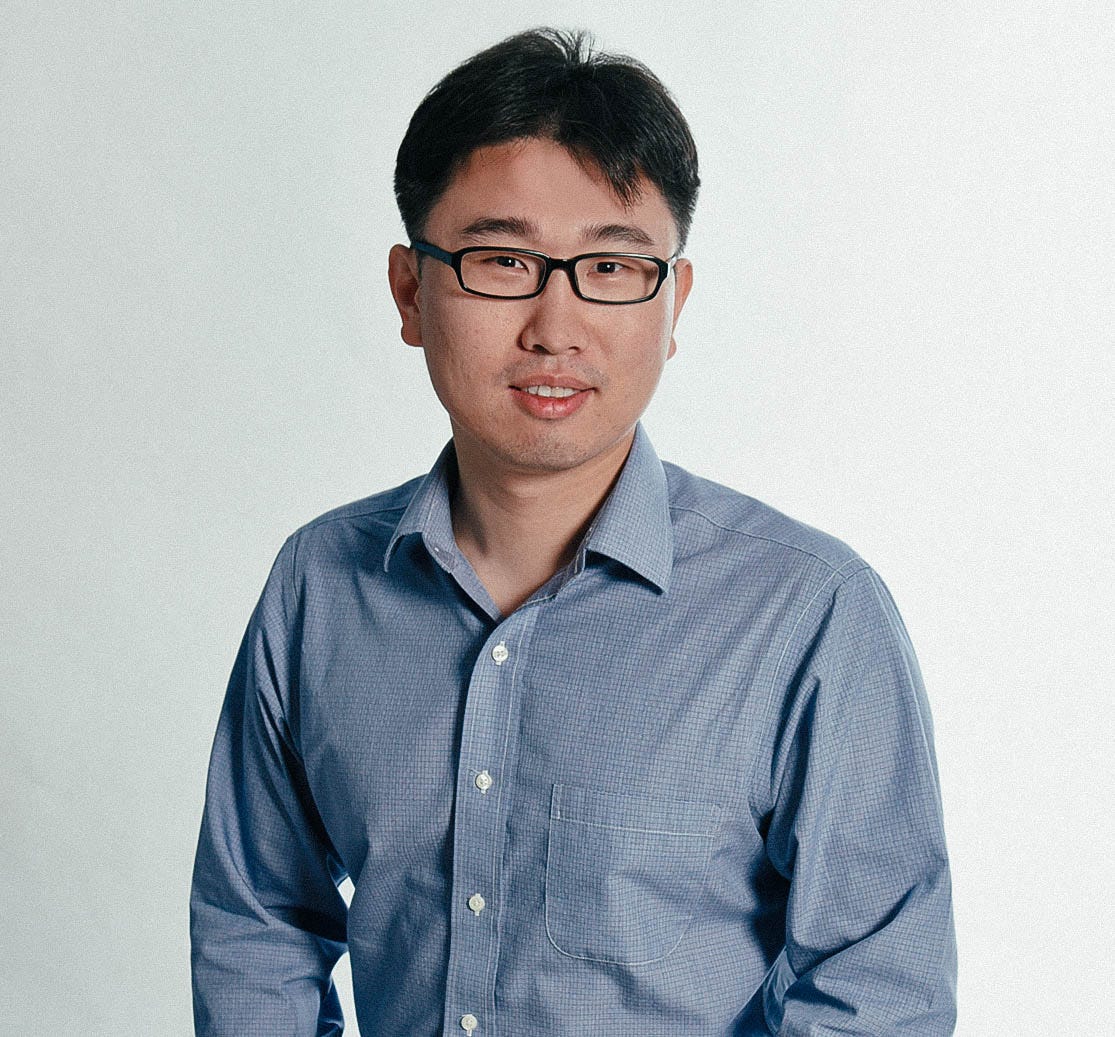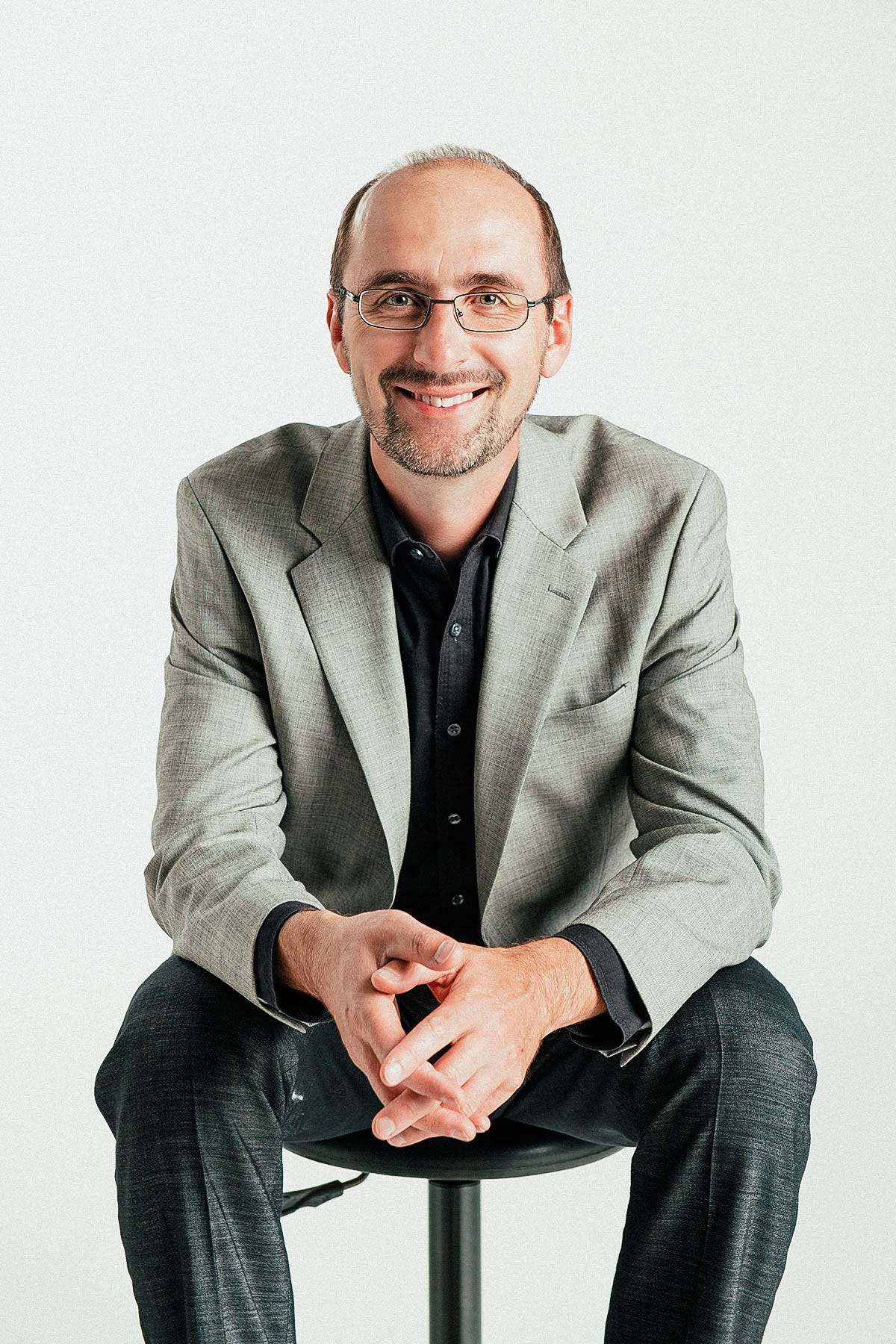Four Physical Sciences Professors win awards from UCI Academic Senate

On July 15, four professors from the School of Physical Sciences discovered that they each won an award from the UC Irvine Academic Senate. Two of the awards recognize strides in research over the course of a career, and one honors excellence in teaching. From figuring out ways of getting humans back to Earth after a manned-mission to Mars, to figuring out how to teach a distant student the fundamentals of physics during a pandemic, the awards recognize the parade of problems our faculty have solved and continue to solve. The final award went to Professor Don Blake of the Department of Chemistry, who received the Academic Senate’s Better World Award for a career devoted to understanding the effects of, among other things, greenhouse gases in Earth’s atmosphere. You can read about Blake’s award here.
“Here we have individuals recognized for efforts in advancing data science, new battery technology, innovative teaching, and fostering cleaner air around the globe,” said James Bullock, dean of the School of Physical Sciences. “These awards are testaments to sustained excellence in research, teaching and service at UC Irvine, and we are proud to have four winners from Physical Sciences who span these categories.”
Philip Collins, Distinguished Faculty Award for Teaching
In April, Professor Philip Collins of the Department of Physics & Astronomy won UCI’s Excellence in Digital Learning award. This month, Collins won the Distinguished Faculty Award for Teaching. The new award, according to Dave Casper, a professor of Physics & Astronomy who spearheaded the nomination of Collins for the award, recognizes a raft of successes that includes Collins’ “design and creation of an Applied Physics degree program, which within a few years attracted about a third of all physics majors,” Casper said. Collins also founded his department’s Learning Assistants program, in which undergraduates help professors and graduate students teach undergraduate courses. Since Collins’ pilot in 2008, Learning Assistants have expanded into a campuswide effort led by the Office of the Vice Provost for Teaching & Learning and the Division of Teaching Excellence and Innovation. “In physics alone, we now have Learning Assistants guiding their peers through tricky physics problems in about 50 discussion sections per quarter,” Collins said. On top of longstanding commitments developing upper-division writing and the UCI CalTeach program, Collins was also one of UCI’s first faculty members to start using online remote learning tools; this laid the foundation for a campus-wide adoption of online teaching, which prepared the university for the abrupt and complete shift to online teaching when the coronavirus pandemic hit. “With the rapid transition to remote learning at the end of Winter 2020, Collins became our undergraduate committee’s ‘point man’ for training and advising faculty,” said Casper.

Huolin Xin, Distinguihsed Early-Career Award for Research
Professor Huolin Xin, also in the Department of Physics & Astronomy, is a physicist who came to UCI in 2018 from Brookhaven National Lab. When he got to UCI, “I was able to build a lab that could not build before,” he said. Xin and his lab work on building next-generation batteries — including lithium batteries — that are safer and which charge much faster than batteries used today. Beyond Earth, Xin does research that may play a role in future missions to Mars; “We recently came up with a new process that could turn CO2 into methane on Mars to carry humans back to Earth using SpaceX’s methane-based Raptor rockets,” Xin said. For these and other research efforts, the Academic Senate awarded him the Distinguished Early-Career Award for Research. “He gets tons of funding,” said Peter Taborek, a fellow physicist in Physics & Astronomy who nominated Xin for the award. “He’s an up-and-coming, very successful guy.”

Roman Vershynin, Distinguished Mid-Career Faculty Award for Research
Roman Vershynin is a professor in the Department of Mathematics, and the Academic Senate awarded him the Distinguished Mid-Career Faculty Award for Research. “A great deal of chaos surrounds us in the world,” Vershynin said. “Uncertainty and randomness penetrate our lives on the physical, social and technological levels. Probability theory is trying to tame chaos by finding patterns in randomness and making solid predictions amid uncertainty.” The research that earned Vershynin the senate award aims to understand relationships between different datasets in the modern era of “big data,” where immense amounts of data exists on very different things, from a person’s gene expressions to their friendship connections. There can hundreds of thousands of parameters, and “there must exist general mathematical principles of big data that are perhaps as universal as the physical laws of our universe,” Vershynin said. “This realization fueled my work on the book High Dimensional-Probability: An Introduction with Applications in Data Science, which won the 2019 PROSE Award in Mathematics.” That book, according to Mathematics chair Professor Mike Cranston, who nominated Vershynin for the award, is the go-to textbook for those interested in high-dimensional probability. “Professor Vershynin has made a profound impact on a variety of fields of immense importance and intense topical interest,” Cranston said.

